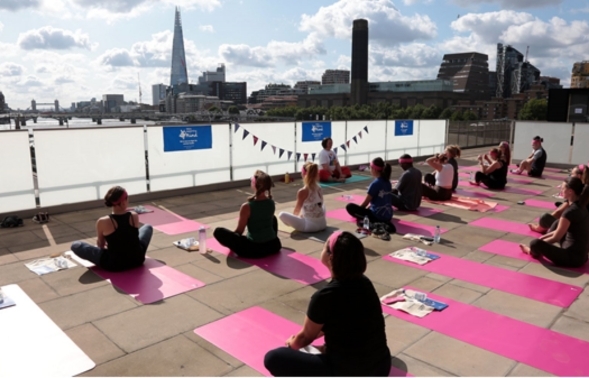When talking to small business owners who are ready to expand their team, one of the most common concerns is:
'How do I make sure I recruit someone who'll fit into my team?'
This is usually followed by a story about how they took on a new recruit a while ago who didn't gel with other members of the team, upset a few of them and promptly left.
Wouldn't it be great if Artificial Intelligence came up with an algorithm for choosing the right person?
Until that day arrives, we can rely on established, tried and tested methods to get underneath the surface of candidates and find out more about what makes them tick.
So, how can you increase the chances of selecting a person who will integrate seamlessly into your growing team?
Imagine, you've prepared some great questions to find out about the candidate's skills, qualities and experience. You've even set some practical tasks to test these further. But you know from experience, and at considerable cost, that there's more that you'd like to find out about this person.
It's not that a candidate doesn't want to share everything with you, but there are some things that would be hugely beneficial to know. For example, you want to know:
- How they like to work
- What motivates them
- How they like to manage others and
- How they like to be managed themselves
- How do they respond to change?
- Are they just saying what they think you want to hear?
The problem is they may not fully understand themselves or be able to articulate the answers to these questions. This is where psychometric tests can be extremely helpful.
There are three misconceptions about psychometric tests that I'd like to dispel:
- Psychometric tests are only for large companies.
- They are too expensive for SMEs.
- You have simple requirements from staff and don't need a lot of information.
Client Story
Alastair Badman, founder of Workhorse, wanted to improve his recruitment process so introduced psychometric testing.
He's since successfully recruited a marketing manager, two business analysts and a software developer.
Psychometric testing has enabled him to make impartial comparisons between candidates based on reliable information. It has removed the temptation to make decisions based on gut feelings. It has also been a great way for him to make a highly professional impression to the candidates, which is so important to attract the best talent.
"With the use of two psychometric tests, Ali provided some great insights into how well suited the applicants were to the role and also how they might fit into our growing team. I will definitely use Ali's services again when hiring in future'" Alastair Badman
The recruitment best practice I recommend for SMEs is:
- 1st interview
- Psychometric test(s)
- Job related exercises
- Final interview
Missing out step 2 can be the difference between a good hire and one that lasts for a frustrating 6 months and brings you back to square one, becoming an extremely costly mistake.
When you add psychometric testing to your recruitment process you can expect to find out:
- About their personality and attitudes
- Their strengths and limitations
- Their approach to work
- Things they find challenging
- Behaviour in certain situations such as when under stress
- How they like to work with others
- Leadership potential
- How they respond to different types of management
Hiring the wrong person has a significant impact on a small business. If you'd like the full picture the next time you hire someone and you're interested in adding psychometric tests to your recruitment process, please call me on 07971 511 731 or email me.

















